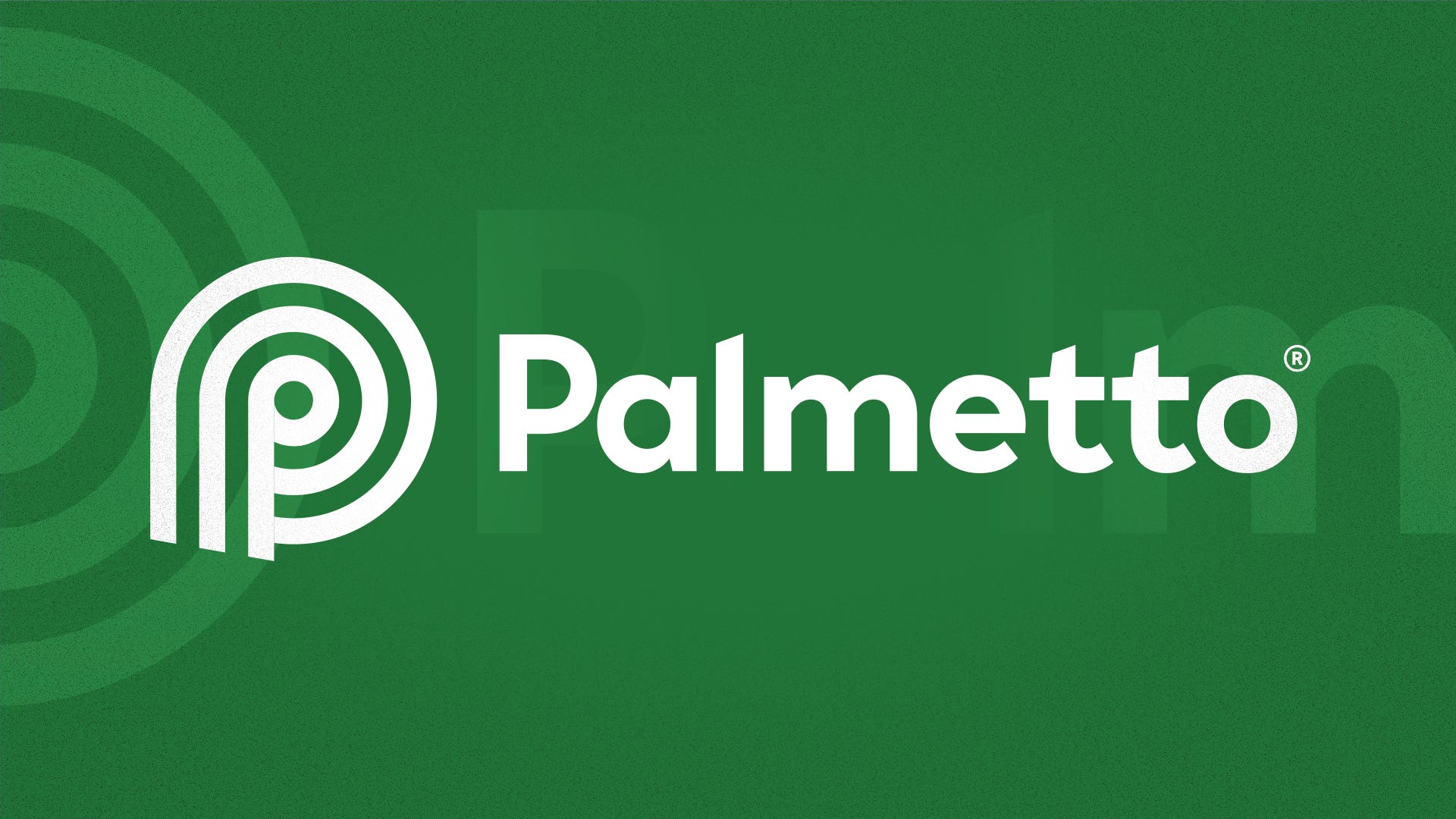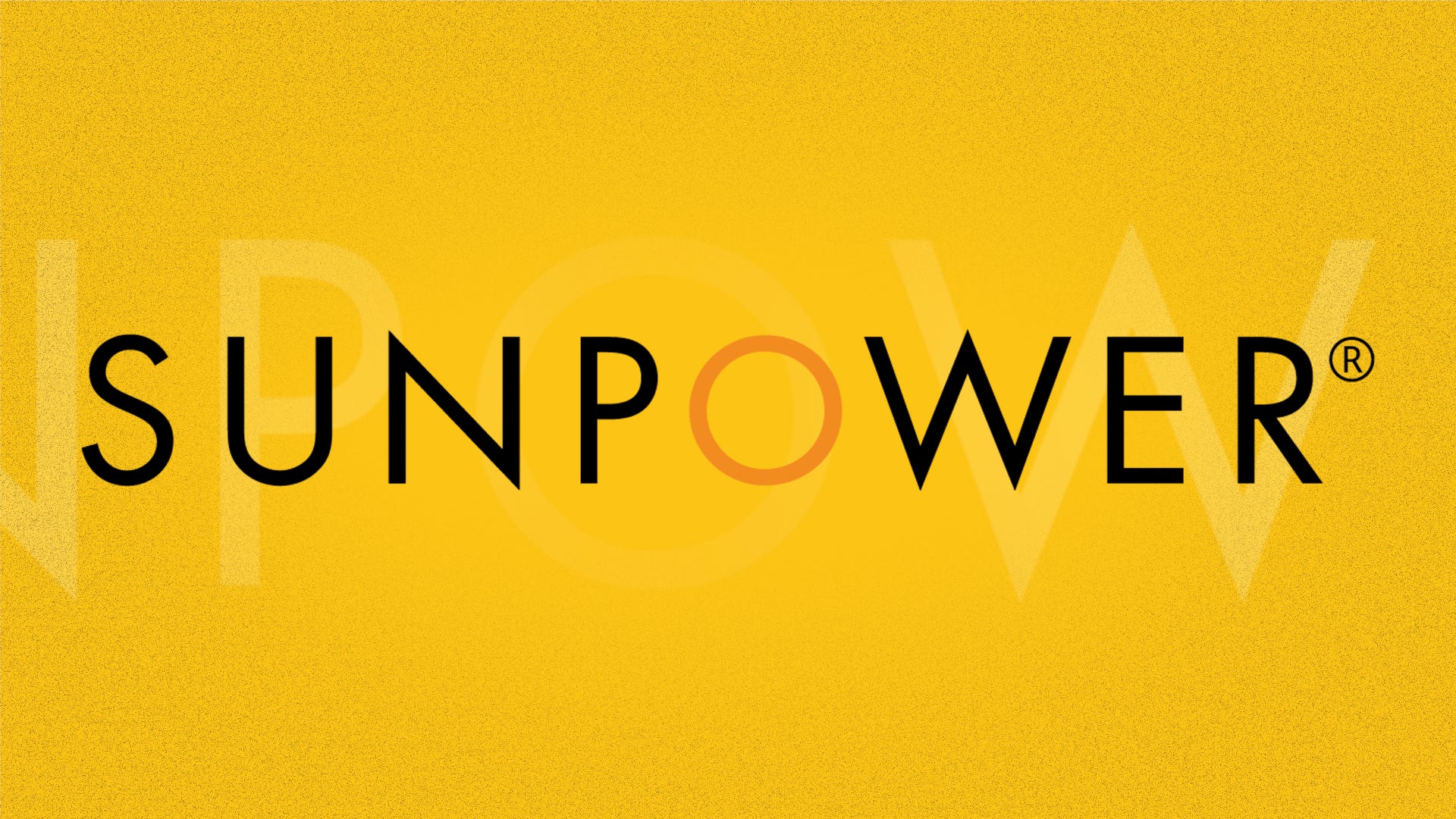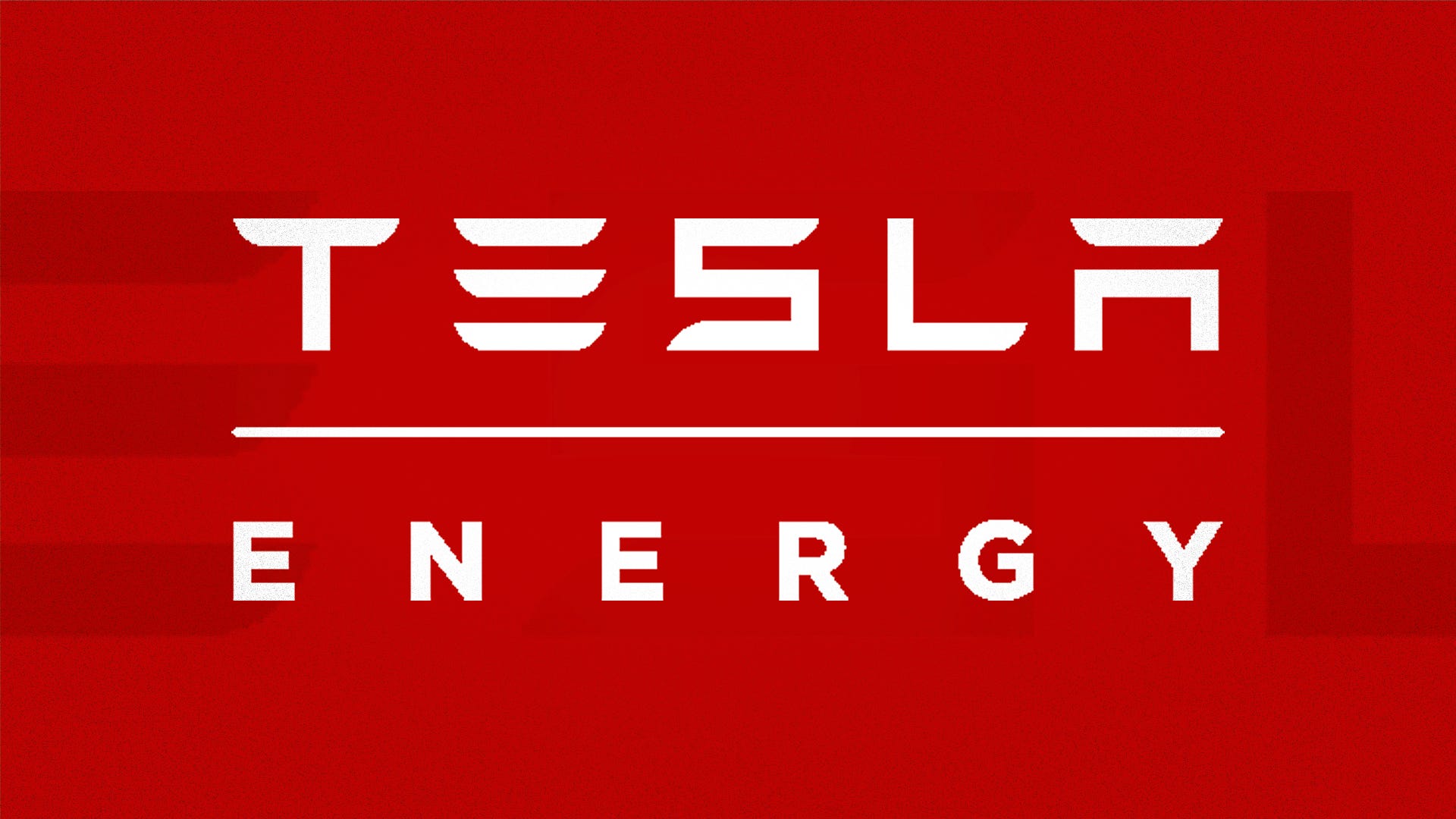Solar power generation in South Carolina has increased by almost 140% since the beginning of 2020, due in part to a growing number of residential solar panel installations. South Carolina also receives lots of sunshine, making it prime solar territory.
Powering your home with a solar panel system can help you save on your electric bill. And while traditional energy prices have increased in recent years, the cost of residential solar panels has decreased by more than 64% since 2000, according to a report from the Lawrence Berkeley National Laboratory.
Federal, state and local tax credits and incentives can lower the cost of solar panels even more. South Carolina has a state solar tax credit that you can combine with the federal tax credit to maximize your savings on solar panels. The Palmetto State also has a property tax exemption for the added value that solar panels provide to your home and a solid net metering policy.
Here’s what you need to know about going solar in South Carolina, starting with the best solar companies operating within the state.
Best national solar panel companies in South Carolina

Palmetto Solar
Best overall
Solar panels are typically low maintenance equipment, but they’re also unfamiliar. If you want to reap the benefits of solar but will have a bit more peace of mind if someone else is making sure it’s working, Palmetto might be a good fit for you. Just remember to add the cost of Palmetto’s monitoring service in to your payback period calculations.

SunPower Solar
Best solar panels
If you’re looking for top-of-the-line solar panels, SunPower is your best choice. But don’t write it off if you’re looking for a less flashy installation that will get the job done. This year it started installing Qcells panels, which should make an installation from the longest-tenured company on our list available to more people.

Freedom Forever
Best for cash customers
Include Freedom Forever in your search if you want the backing of a national company that installs a wide variety of the most popular solar equipment available. Freedom Forever also extends a couple of products that take some of the pain and risk out of going solar, like a production guarantee and an escrow option with cash purchases. Online reviews say customer satisfaction has been low of late, though the company says that’s changing.

Tesla Solar
Most affordable
Tesla’s solar branch seems to be the least loved of Elon Musk’s ventures. Even Tesla’s Solar Roof seems to get more love.
If price is the thing you won’t budge on, consider Tesla. By all accounts, Tesla installs quality panels and makes the closest thing there is to a household name in solar storage: the Powerwall.
Where you might miss out is customer service. Discussion online seems to suggest Tesla’s service is a bit of a gamble.

Renu Energy Solutions
Great option for the Carolinas
If you live in the Carolinas, Renu offers equipment from well-respected manufacturers and has indicators that its customers are, overall, quite happy. Some of it’s warranties — 10 years on workmanship and 5 years against leaks — are a bit shorter than others in the industry, where they can reach twice as long. Customers gave it an average rating of 4.79 out of five at the Better Business Bureau, which is higher than most companies on the list.
Local solar panel companies in South Carolina
National solar companies aren’t your only options. A local installer might offer you a better estimate, so make sure to compare multiple quotes. Here are a few local solar companies worth considering.
Firefly Solar offers solar and roofing services across the Carolinas. They install REC and Solaria solar panels. For your solar battery needs, you’ll have the option of installing a Tesla Powerwall or Enphase IQ batteries. Firefly Solar also installs Tesla Solar Roofs and offers cash payment and financing options.
Solar Energy World was founded in 2009 and operates across 10 states, including South Carolina. This installer offers solar panels from several manufacturers, as well as solar batteries and live system monitoring. With Solar Energy World, you can buy your solar panel system outright or sign a lease or PPA.
Solar Energy World’s warranty terms are excellent. This installer offers a 30-year manufacturer warranty on panels and inverters and a labor warranty for all service-related issues. It also provides a one-year production warranty that guarantees the system will generate at least 90% of its estimated production within the first year of installation. Solar Energy World has a satisfaction guarantee and its warranties are transferable if you sell your home.
How to determine which solar company in South Carolina is best for me
Solar panel systems are expensive, so you want to make sure you’re picking the right installer for the job. Here are some tips to help you find a reputable installer.
- Understand federal, state and local solar incentives.
- Read online reviews from multiple sources. Google and Yelp are a good place to start.
- Get recommendations from neighbors who have solar installed.
- Check an installer’s licensing and certifications. Look for installers who are certified by NABCEP.
- Compare multiple solar quotes.
- Ask your installer all your questions, even the difficult ones.
- Assess your potential savings cost and your solar payback period. Your installer should be able to explain this to you.
Cost of solar panels in South Carolina
Here’s a look at the average cash price for a typical solar panel system in South Carolina before factoring in tax credits and incentives, according to data from FindEnergy.com. Your system might become more expensive if you choose to include solar batteries or additional equipment in your purchase.
Average cost of solar panels in South Carolina
| Typical system size (kW) | Price per watt | Total installed cost | Cost after 30% federal tax credit | |
| South Carolina | 9 | $3.45 | $31,050 | $21,735 |
| National average | 8.6 | $3.67 | $31,558 | $22,091 |
On the interactive map below, you’ll find the average total cash price, cost per watt and system size for a typical solar panel system in your state, according to data from FindEnergy.com. The prices you see don’t factor in tax credits or state incentives. Certain states don’t have any FindEnergy solar data and are grayed out on the map.
South Carolina solar panel incentives or rebates
While the average cost of a solar panel system in South Carolina is higher than the national average, there are solar tax incentives, rebates and credits to make solar more affordable.
The Residential Clean Energy Credit is a federal solar tax incentive offered in all 50 states that credits 30% of the total cost of a solar system to consumers who purchase solar panels. Previously known as the Investment Tax Credit, this incentive was increased and extended when the Inflation Reduction Act was passed in August 2022. There is no cap on how much you can claim with this tax credit, so you can receive the full 30% no matter how much your solar panel system costs.
If you purchase solar panels, you can apply for the Residential Clean Energy Credit by following the instructions provided by the IRS and filling out IRS form 5695 (PDF). Once your application is approved, you will receive 30% of the cost of your system in credit when you file your annual federal tax return.
There are also various state and local solar tax credits and financial incentives available in South Carolina. The Database of State Incentives for Renewables and Efficiency offers a comprehensive list of South Carolina solar incentives. Here are a few you should know about.
| Program | Description |
|---|---|
| South Carolina Solar Tax Credit | This state-level solar program offers a tax credit of 25% of the cost of a solar panel system back to residents. The tax credit is capped at $35,000 or 50% of the taxpayer’s tax liability for the year. |
| Santee Cooper Rooftop Solar Rebate Program | Santee Cooper customers who install solar panel systems on their homes receive a rebate of up to $5,700. |
| Property Tax Exemption | South Carolina offers a property tax exemption for renewable energy systems (including solar panel systems) with a capacity of 20kW or less. |
| Net Metering Programs | Net metering lets consumers sell excess solar power produced by their solar panels back to the grid. In exchange, consumers receive a credit on their electricity bills. Your solar system must remain connected to the grid to participate in net metering. |
How to pay for solar panels in South Carolina
As with any major purchase, you will want to think about how to finance the cost of solar panels. Keep in mind, the money from the tax credit won’t be yours until after you’ve filed your taxes for the year the panels are installed. It’s also important to factor in the solar payback period, which is the time it takes to recoup your upfront investment and when savings begins.
Here are some ways to pay for solar panels:
Cash: This approach only works if you happen to have thousands of dollars sitting around in a bank account. If you don’t have that yet, but you want solar panels in the future, consider saving money in a high-yield savings account. Interest rates are high right now, and this can help you save faster.
Solar loan: Your solar installer likely has a relationship with a bank or other financial institution to offer a loan designed for solar panels. This can be a great deal, but you’ll want to get multiple offers to ensure the rates and terms are the best.
Lease or power purchase agreement: Some solar companies allow you to lease your system or enter a power purchase agreement. If you choose to lease, you won’t own the solar system, you’ll just pay for use of the equipment. Entering a power purchase agreement means you’ll buy solar energy generated from the solar company to power your home. The price you’ll pay is usually lower than the retail rate from your local utility company. Note that not all incentives are available with a lease or power purchase agreement.
Personal loan: You can also borrow the money through a personal loan. The main difference between a personal loan and a home equity loan is that a personal loan is typically unsecured. That means your house isn’t at risk. The downside is they tend to have shorter terms and higher interest rates than home equity products.
Home equity: You don’t have to use a loan from your solar company. Financial institutions offer home equity loans and lines of credit (or HELOCs) that are commonly used for home improvement projects. These loans can be used for basically any purpose, and they may be a good fit for your solar project. Shop around and make sure you’re getting the best deal.
Read more: Want something smaller than a whole-home solar system? See our picks for the best portable solar panels and solar generators.
Installation factors to consider
Purchasing or leasing solar panels is a big decision. Before you sign a contract, you must consider the investment from all angles. Here are some installation aspects to think about beforehand.
- Your roof’s condition: The age, shape and slope of your roof will affect how much electricity a solar system can generate. For example, the Department of Energy says solar panels will be most efficient (and produce more power) on roofs sloping between 15 and 40 degrees. If your roof is old or needs repairs, you may have to replace it before installing solar panels.
- Your HOA or neighborhood requirements: HOAs cannot ban solar panel installations in South Carolina. However, your neighborhood may have specific requirements or approval processes. Be sure to check before installing solar panels on your property.
- Your insurance policy: Once your solar panels are installed, you should contact your homeowner’s insurance agency to update your policy to include the panels. Most standard home insurance policies can include solar panels, so you shouldn’t need a separate policy. However, you should check with your agency to confirm the details.
- Your location: While solar panels can generate electricity in indirect sunlight, they will be much more efficient when they get at least 4 hours of direct sunlight per day. South Carolina has more sunny days each year than the national average. However, if your roof has a lot of shade coverage, this is an important factor to consider before deciding.
- Your living situation: If you rent your home, you may not be allowed to install solar panels. Check with your landlord or property manager to confirm whether you can install rooftop solar. If not, community solar is another option. With community solar programs, you can subscribe to solar power produced at another location and get a credit on your energy bills. The amount you pay for this subscription should be lower than the value of the credits.
How we found the best solar companies
The companies we listed above as “the best” are curated from CNET’s best solar companies list. Companies making the best list are scored on the equipment, warranties and customer service they offer. Then, we make sure these recommendations are available in your state. You can read a full breakdown of how we review solar companies here.
Companies listed under the local installers were chosen in a less rigorous way. We chose them because they offered something unique or notable to customers in the state, they seemed well-regarded by internet reviewers or because they were one of the few installers we could find information on in the state.
Whether we’ve completed a full review on a company or not, it’s always a good idea to get multiple quotes from different installers before choosing a company.
South Carolina solar power FAQs
How long do solar panels last?
Solar panels have an average lifespan of between 25 and 30 years. Your solar panels won’t stop working after 30 years, but the system’s performance may decrease as it gets older. Your solar panels’ lifespan will depend on the quality, climate, maintenance and installation factors.
Are solar panels worth the money in South Carolina?
Solar panels can be a great investment in South Carolina because of the state’s solar incentives and sunny climate. You should also ask yourself whether solar panels are the right investment for your household. Before making your decision, consider the factors listed on this page to determine whether the upfront cost of a solar system makes sense for you.
How do I find a solar installer in South Carolina?
Before choosing a solar installer, we recommend getting multiple quotes from different solar companies in your area so you can compare your options. Your research should also extend beyond which company offers the cheapest solar system. Take your time to read customer testimonials, review the installer’s warranty terms and ask many questions before signing a contract. You can begin your research with CNET’s choices of the best solar companies.




















+ There are no comments
Add yours